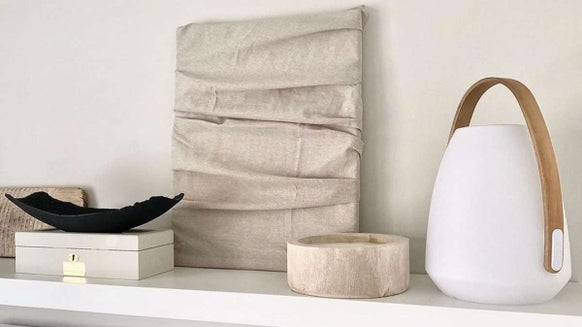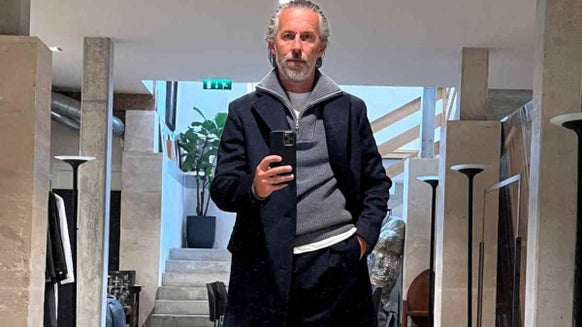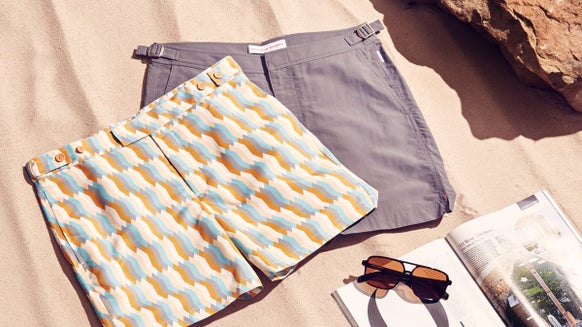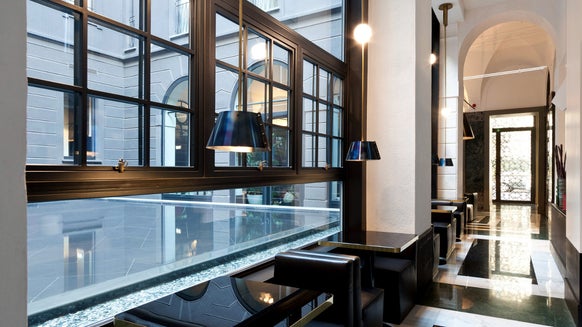Fashion, Film and Pledging for Parity
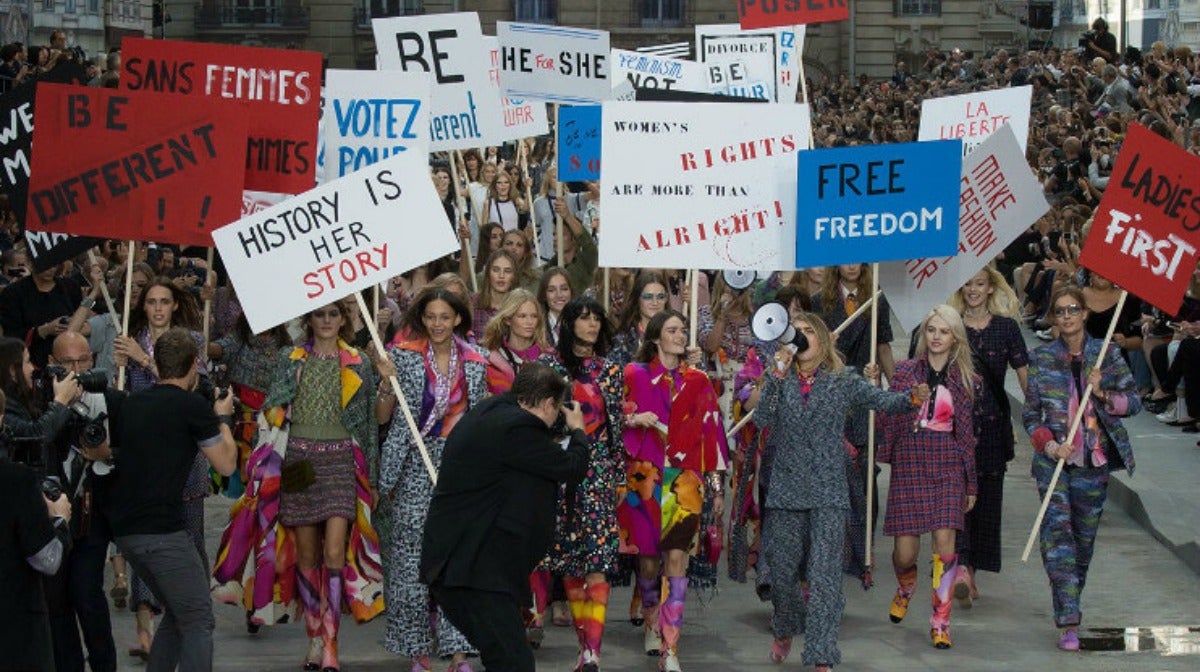
Fashion, Film and Pledging for Parity
Today (8 March 2016) is International Women’s Day, a day to celebrate the social, economic, cultural and political achievements of women – but also raise awareness for the remaining struggles women have worldwide. Dating back to 1909, International Women’s Day was first officially observed after 1977 when the United Nations proclaimed 8 March as the UN Day for women’s rights and world peace.
In 2015, the World Economic Forum estimated that it would take until 2133 for the gender pay gap to completely close, so with that in mind, this year’s International Women’s Day is all about Pledge for Parity; calling for action to accelerate gender parity and close that pay gap much sooner.
While wage - and gender - inequality has been an ongoing struggle since the late 19th century, with the issue particularly becoming prominent in the ‘60s (women machinists at the Ford Car Plant in Dagenham who went on strike made newspaper headlines) and ‘70s (the advent of the Equal Pay Act), this is something that has gained a lot of attention in popular culture of the past couple of years - especially in the world of film and fashion.
Just look at Chanel’s SS15 collection, debuted on the runway in the form of a feminist rally and led by the likes of Cara Delevingne, Caroline de Maigret and Joan Smalls brandishing Chanel megaphones and placards. Though slammed by some as trivialising the cause, using such a large platform – and one usually reserved to focus purely on the fashion – was a real indicator of the feminism wave popular culture is currently riding on.
Days earlier Emma Watson had launched her HeForShe campaign as part of her role of UN Women Goodwill Ambassador, calling for men and boys to become advocates for gender equality. A few months later,
The trend was set. Two months later Patricia Arquette used her Oscars acceptance speech to call for wage equality between the sexes, while Jennifer Lawrence’s essay in Lena Dunham’s Lenny Letter highlighted her experiences in unequal pay (again, revealed in the Sony hack) and the different ways in which men and women are perceived when it comes to negotiating a pay packet. Just a trend for fashion and film or one that's set to continue?


